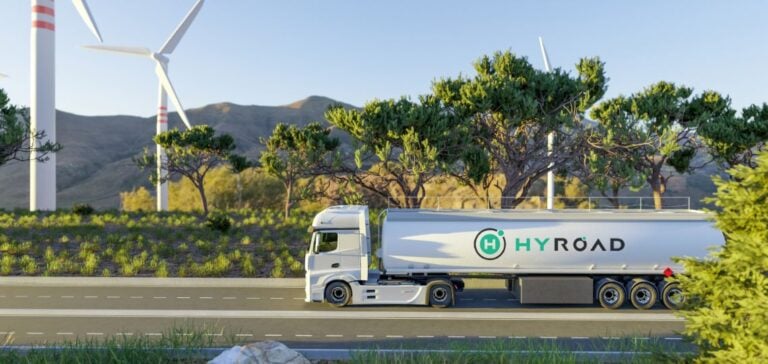Hyroad Energy, a company specializing in hydrogen-powered transportation solutions, has received funding under the Texas Hydrogen Infrastructure, Vehicle and Equipment (THIVE) Grant Program. This initiative, supported by the Texas Commission on Environmental Quality (TCEQ), aims to accelerate the adoption of zero-emission technologies by promoting their deployment in strategic markets like Texas.
The project will see the rollout of 28 hydrogen-powered trucks over the next 24 months. The first deliveries are scheduled for the second quarter of 2025. These trucks will be integrated into an innovative business model that includes dedicated refueling infrastructure and comprehensive maintenance solutions.
A strategy focused on economic efficiency
Hyroad Energy offers a competitive business model to encourage companies to adopt hydrogen trucks. Fleets will benefit from a turnkey service, including zero-emission vehicles, an optimized refueling network, and a simple per-mile pricing system. This approach aims to minimize upfront investments and ease access to sustainable technologies.
“Collaborating with the THIVE program reflects our ambition to transform the large-scale transportation market,” said Dmitry Serov, CEO of Hyroad Energy. He also emphasized the importance of local expertise in advancing technologies, particularly Texas’s proficiency in handling cryogenic and high-pressure gas systems.
An expanding ecosystem
Texas, with its industrial infrastructure and innovation-friendly environment, plays a key role in developing the hydrogen economy. According to Susan M. Shifflett, Executive Director of the Texas Hydrogen Alliance, “partnerships between innovators and public decision-makers are essential to positioning Texas as a global leader in this sector.”
By integrating these hydrogen trucks into supply chains, this project helps enhance environmental sustainability and reduce greenhouse gas emissions, addressing strategic national and international priorities.






















